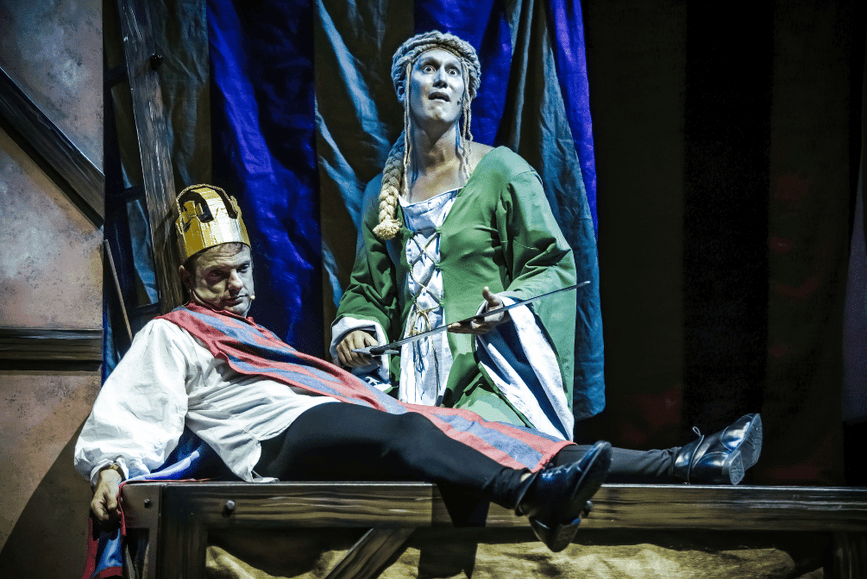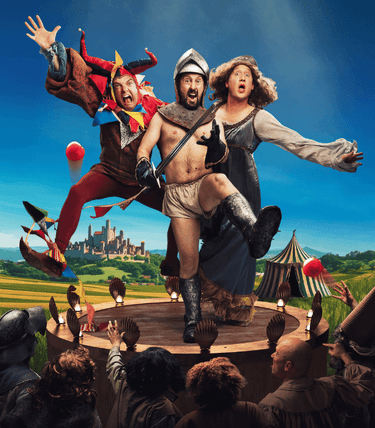
News Story
Summer is the perfect time for a bit of comedy theatre and this July we’re joined by the increedible Le Navet Bete, one of the UK’s leading touring physical comedy theatre companies. Their new show, King Arthur: A Legendary Comedy, is a hilarious retelling of the Arthurian legends that promises slapstick humour, ridiculous costumes, and laughs for all the family.
We caught up with one of the company’s founders, and cast member Al Dunn to find out more.
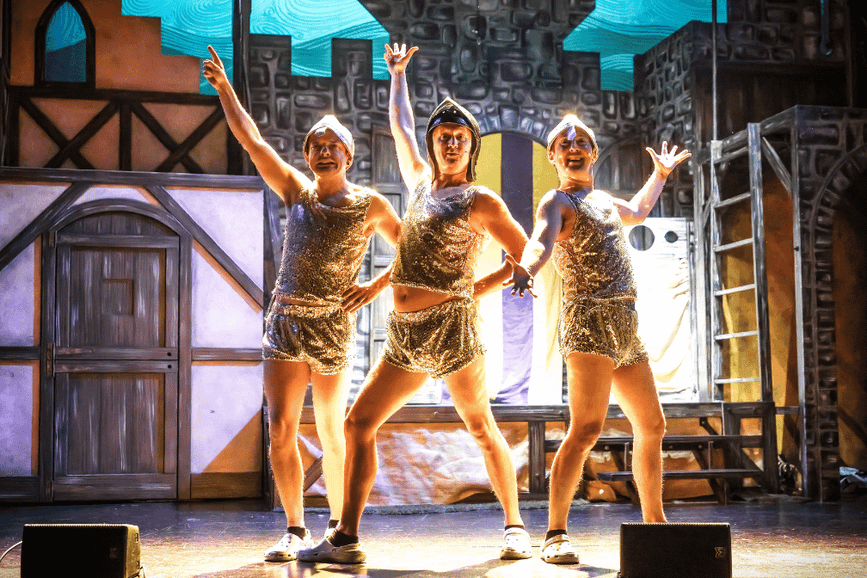
How are you feeling about your upcoming show in Worthing?
It’s our first visit to Worthing and to the Connaught Theatre. So, we are really excited about our upcoming shows of King Arthur. We’ve performed up and down the south coast in places like Brighton, Eastbourne, and Portsmouth. Our audiences have always been great, and we love going somewhere new.
What can audiences expect from King Arthur, without giving too much away?
Expect two hours of high-energy, physical comedic chaos! With just the three of us on stage, along with our brilliant stage manager, we play over 40 characters between us. So it really is a roller-coaster of mayhem through the Arthurian legends. You really don’t have to know the stories inside out to enjoy it. I think we’ve come up with a super fun way to tell the stories and legends of King Arthur.
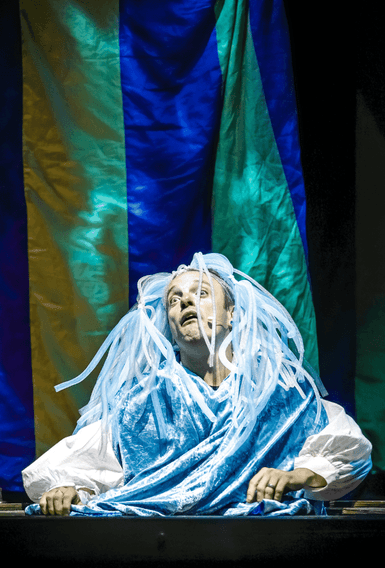
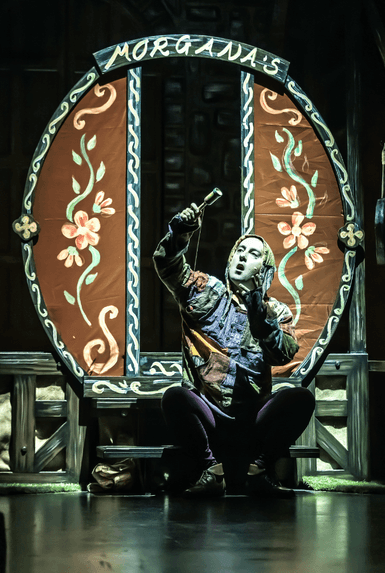
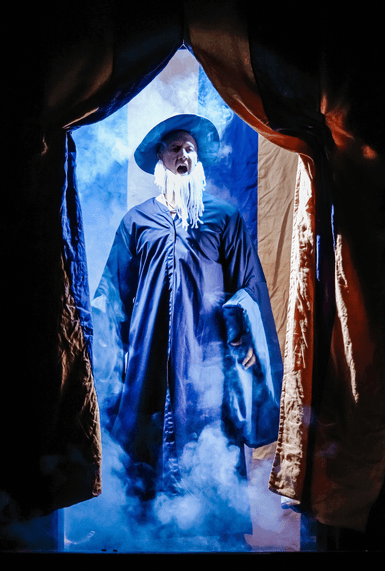
What inspired you to create a show based on the Arthurian legends?
We’ve always liked the genre of ‘fantasy’ and thought our unique style of physical comedy would suit it really well. With the Arthurian legends, people generally know enough about it (King Arthur, Guinevere, Lancelot, Merlin) to get a taste of it, and we thought that bringing these characters to life would be perfect for a comedy stage show. When writing, we wondered how the legends came to be. It’s amazing how, now, 1500 years or so later, they’re still being told. So we came up with the idea that three hapless squires (knights in training) are inadvertently part of the origins. It’s a really fun way to tell the stories!
What were the main challenges you faced when developing the show?
As with all our shows, it’s all about the timing. Only three actors are playing multiple roles, so the exact timing of costume changing backstage to make it back on for another character takes military precision. There are some great moments in King Arthur where we really make the audience gasp. It’s like a Formula One pit stop! And the set (designed by our wonderful stage manager Fi) always takes some time to get used to. Our design brief was ‘Medieval Playground’ and she certainly gave us that. It’s an impressive sight to behold. You walk into the auditorium and see the castles, towers and turrets of Camelot before your very eyes.
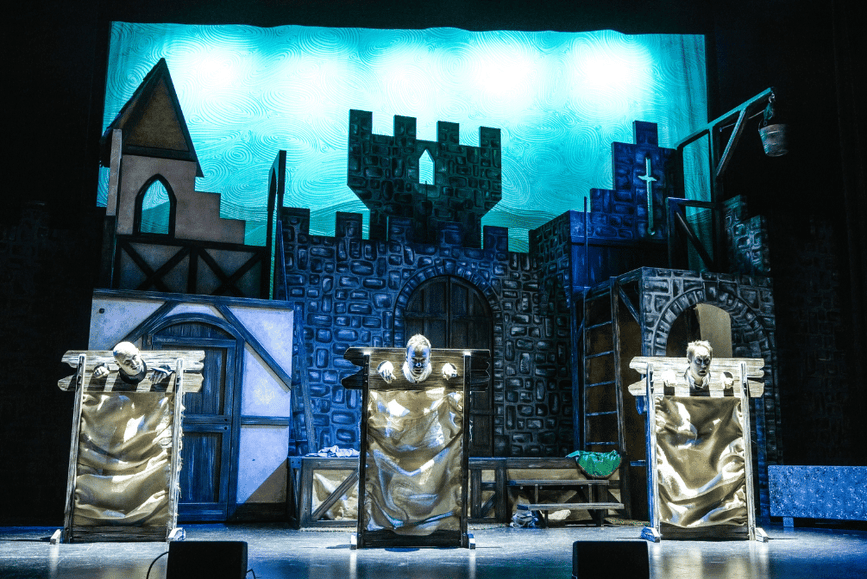
And what have you enjoyed most, or learned in the process?
Our shows always go on a journey from the rehearsal room, to show one, to show 50, to show 100. It’s an ever-evolving thing that we change as the show develops. Some things that really make us laugh in the rehearsal room might not quite work for an audience. So we cut it and we find something else. The show has a tight script but with enough room for improvisation as we get comfortable with the work. We like to try and stitch each other up on stage from time to time, much to the audience’s delight! And if it really works, we’ll keep it in and add it to future shows. Finding new things after performing the same show is always a joy.
Your physical, comedic performances are energetic and expressive, how did you develop your distinctive style?
We all studied theatre at university, where we met, and have just been developing our skills from that point really. Performing in many different environments (street theatre, festivals, internationally, village halls, small-scale theatres, to huge number one venues) has really helped us hone specific performance skills that always add to our shows. We like to include elements of audience interaction within our shows. I think that street theatre has really helped us harness that comedic skill. We like to make the audience comfortable in the unpredictable!
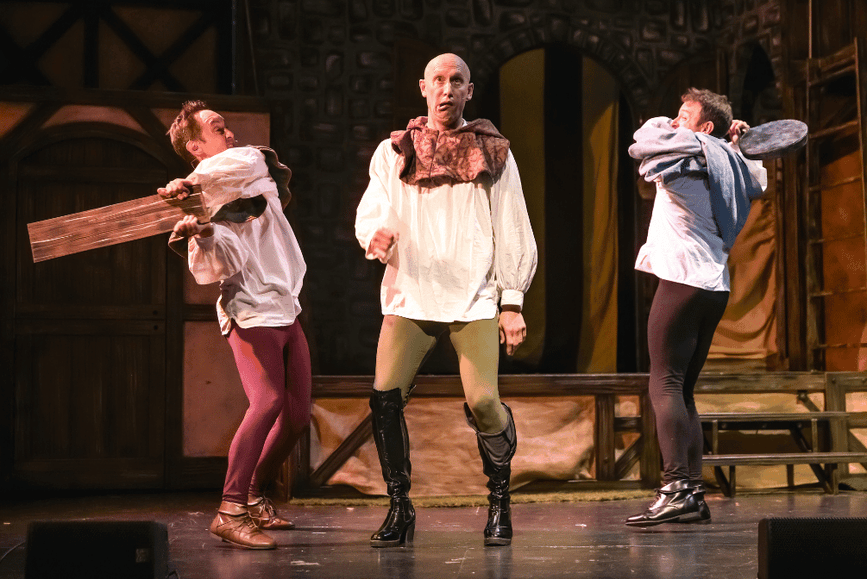
Which other physical performers or comedic theatre groups do you admire, or inspire you?
We have always been huge fans of comedy, not just in theatre but in television, film, and literature as well. Theatre companies such as Peepolykus and Spymonkey were a big inspiration over the years. And the classic TV comedies such as Father Ted, Fawlty Towers, The Young Ones and Bottom. It’s that style of clever farce, ridiculous character comedy and absurd slapstick that we try and jam pack each of our shows with, and King Arthur is full of this!
How do you each prepare for performances?
We will all try and have a little bit of downtime before the show. Although we also put the set-up ourselves and take it down after the final performance. We’ll do a physical warm-up to help engage our muscles and bodies – the shows are a total physical workout! And we will also do a vocal warm-up together to help the voice. Eating healthily and drinking lots and lots of water too! You’ve really got to take care of yourself when doing this job. However, a post-show pint is always a real pleasure.
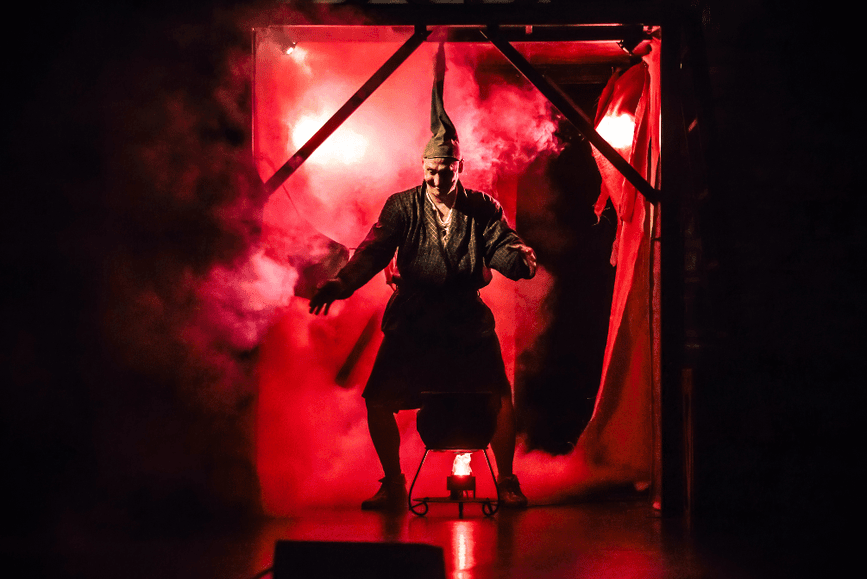
Tell us about the company’s commitment to accessibility.
This year, with King Arthur,we’ve been hugely committed to providing more accessible shows wherever and whenever we’re able to. We’ve worked with an Audio Describer, Alexa, who will describe all the action taking place on stage. Visually impaired people will be listening on headsets in the auditorium. Alexa has a huge task as the show moves at quite a pace – it’s very physical and visual. We also try to provide Touch Tours before shows. Visually impaired people come into the theatre to meet us, get the chance to hear a bit about the show and the voices for the different characters we play. They are also able to have a walk around the set, feeling various sections. They get to touch the costumes and props.
We also worked with a BSL interpreter, Laura. In rehearsals, we integrated her into the show so she is not just standing in a light at the side of the stage. She is in costume and right in the heart of the scenes with us. There have been some great moments of play between us and Laura. Audiences have commented saying that it complemented the humour wonderfully in some parts. We’re extremely proud to be able to offer these things and are always looking at developing this further into the future.
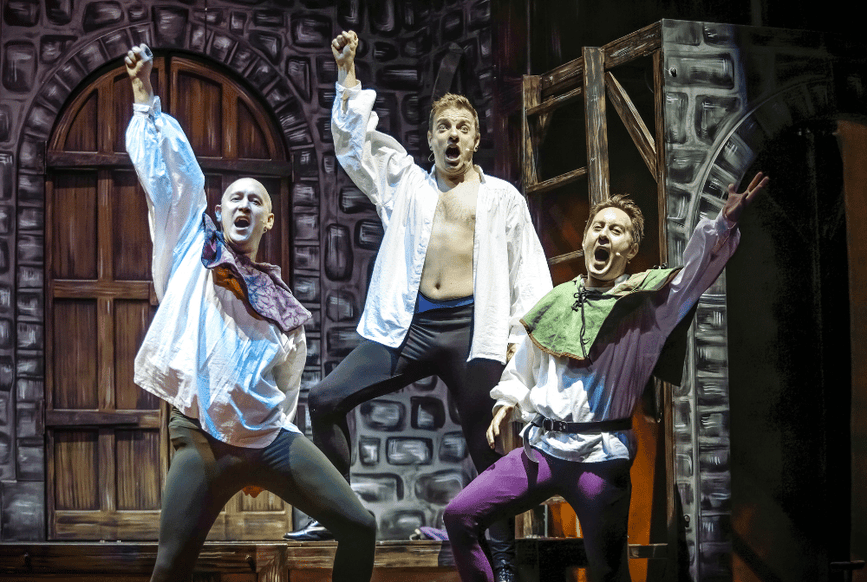
What advice do you have for someone starting a career in physical comedy?
A career in physical comedy is absolutely achievable. The three of us have done it. We have been told, in the past, that we should get real jobs and that we’d never be able to make it work. It’s very hard work. The acting side of it is actually a small part of what we do to run the company. But it’s entirely possible to make this your job if you’re passionate about what you do and have that ambition.
We’ve always been a very ambitious company, right from the start. If you’re starting out, go and volunteer at organisations, give them an email, and ask to meet for a coffee. If you don’t ask, you don’t get. Be bold in asking for things. This is exactly how we started. We work with a stage manager who was just starting out and she emailed us asking if she could volunteer for one of our shows. She had been coming to see us with her family for many years. As she was so keen and enthusiastic, and very good, we then employed her for future productions. She has now picked up a lot of other work in the industry, gaining more skills with each job. All from a simple email asking if she could volunteer.
What do you see as the main challenges facing young people who are interested in a career in the arts?
Funding your projects is always going to be a very hard thing to do. Luckily there are organisations like Arts Council England who have funding pots open to new and emerging artists. We’ve been fortunate to have been funded by ACE for numerous shows over the years. We’ve also forged great relationships with theatres and venues who have co-produced some of our shows providing cash and extra support from their team to help get the show up and running.
My advice would be to make the work that you want to make; the work that gets you excited, the work that you would love to see as an audience member. Always have that passion and drive. We are always happy to help and offer advice where we can, as well. Often, we get emails from emerging artists asking for a point in the right direction. We always try to help as we have benefited from others helping us in the past.
